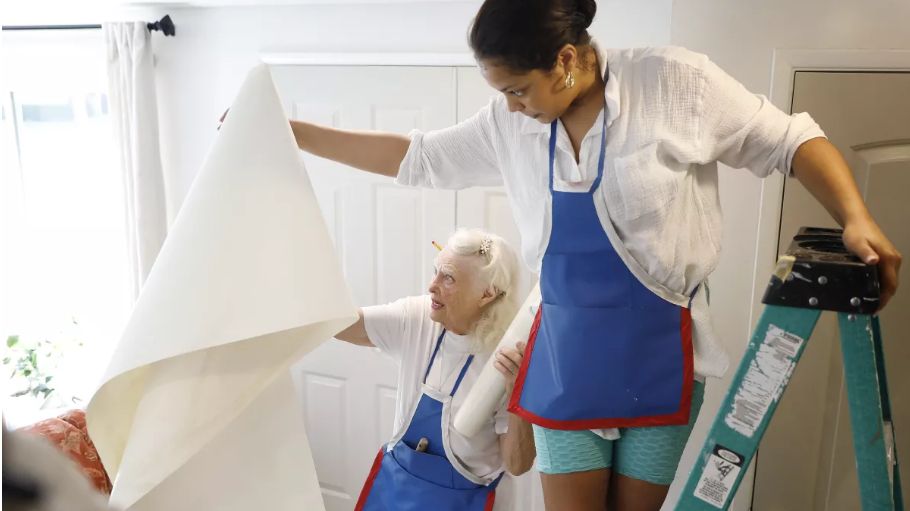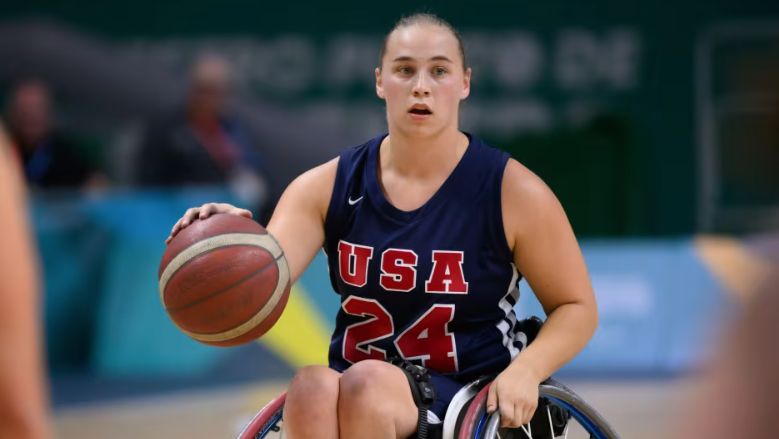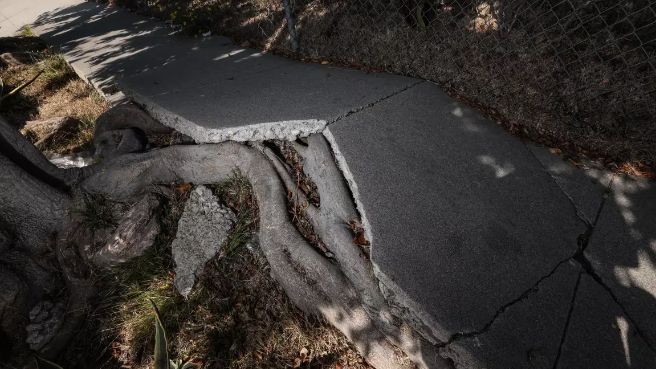Cindy Ranii is no stranger to challenges, but she always seems to overcome them. At just 10 years old, she discovered her mother had died while laying right beside her in bed.
To find solace, she turned to competitive sports, excelling at tennis, which she played while in college.
Despite the trauma she faced, she went on to receive her doctorate in education. She said losing her mother at such a young age with younger siblings to help take care taught her strength.
“There was just no option to quit, no option to give up,” Ranii said. “And I think it was just from that early experience that I knew that you get up and go and you do what you have to do.”
On the latest episode of "LA Stories with Giselle Fernandez," Ranii shares how she faced more adversity later in life. In her late fifties, she was still as active as ever, enjoying tennis and golf with her wife, Shelly, when she received an unexpected life-changing diagnosis. After feeling slight pain in her back, she woke up one day unable to move her legs.
Ranii was diagnosed with transverse myelitis — a rare neurological disease that left her paralyzed from the chest down.
“I realized, this is not going to be fixed. I'm not going to get better," she said. “So that's when the mindset shifted to ‘Let's get going.’”
Not one to be deterred, Ranii threw herself into becoming as strong as she could, going to rehab and doing bicep curls in the gym to build her arm strength needed for her life in a wheelchair. And she continued to thrive by competing in wheelchair sports. It was wheelchair table tennis where she really hit her stride.
She became a part of the top 25 in the world in her category, and among the top four in the United States — all while in her 60s and 70s. She has competed throughout Europe and the Americas, including the Parapan Am Games in Toronto.
Today, at 77 years old, the grandmother of 13 is setting her sights on the 2028 Paralympic Games in Los Angeles — and she can’t wait to see what comes next.
“I can say with assurance, you know, there is life after paralysis,” Ranii said. “There is life after physical setback. You're still you.”











